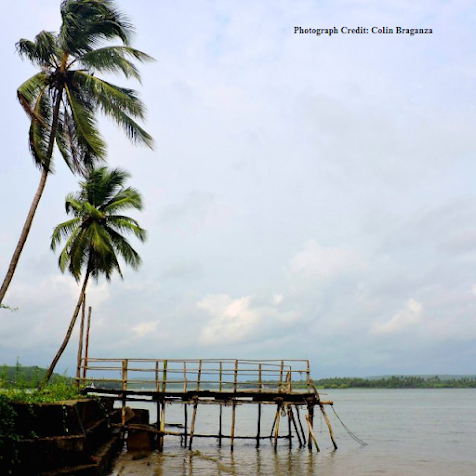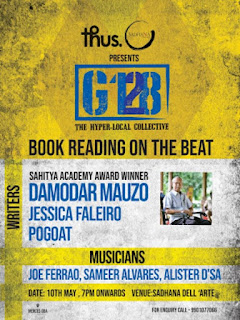Goa’s Beloved Coconut Tree

The ongoing controversy about the coconut tree not being a tree but a palm brings to mind Damodar Mauzo’s short story These are My Children , where the main protagonist Rosalina names her coconut trees after her three children who have left home to start a life of their own. The trees are surrogates for her children and she treasures them to the point of crossing swords with the authorities. Her last words in the short story are, ‘No! I won’t let you cut my trees. Cut me first, then cut my children!’ The underlying theme is the importance of the coconut tree is equivalent to that of one’s own children. The scientific fraternity has categorised the palm ( Arecaceae family) in terms of trees, shrubs, and woody vines. Palm trees, in fact, are noted in the regions where they thrive for their productive role in human life. The coconut palm has been labelled as a tree because of its growth habitat. The United States Department of Agriculture definition of a tree says: ‘Perennial, woody pl




